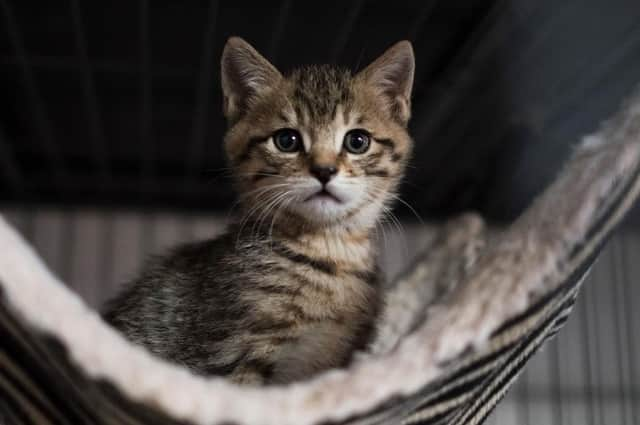Wakefield vet issues anti-freeze warning to pet owners as cold weather hits


The popular de-icing solution is used by many over the winter months - however pet owners need to be mindful of the substance, which can be fatal to animals.
Sophie Adamantos, clinical director at Paragon in Wakefield, said: "Antifreeze (ethylene glycol) can lead to kidney failure in cats and is more of a risk throughout the winter months when people are using it in their cars.
Advertisement
Hide AdAdvertisement
Hide Ad“Ethylene glycol is also found in screen wash, brake fluid, coolants and some types of ink. Some people also used it in water features over the winter months, but this is not recommended due to the toxicity of the antifreeze to cats and wildlife.
“When it’s cold, cats can look for shelter in sheds and garages, which is where many of us store our bottles of antifreeze. So we advise pet owners to ensure their animals don’t have access to areas where these products are stored."
Sophie said that due to its sweet taste, pets can drink water containing the chemical without even realising. They can even lie in it and accidently ingest the toxin when grooming themselves."
“It is also vital for pet owners to be aware of the symptoms their animals may demonstrate if they have come into contact with it. One of the first signs cats may show is “drunk” behaviour including wobbliness and being less active." Sophie said.
Advertisement
Hide AdAdvertisement
Hide Ad“Time really is of the essence when it comes to antifreeze poisoning in cats. The earlier you spot the signs and seek help, the greater their chance of survival.
“The signs owners need to look out for are their pets walking as if they are drunk, drinking lots, not urinating at all, an increased respiratory rate and fits.”